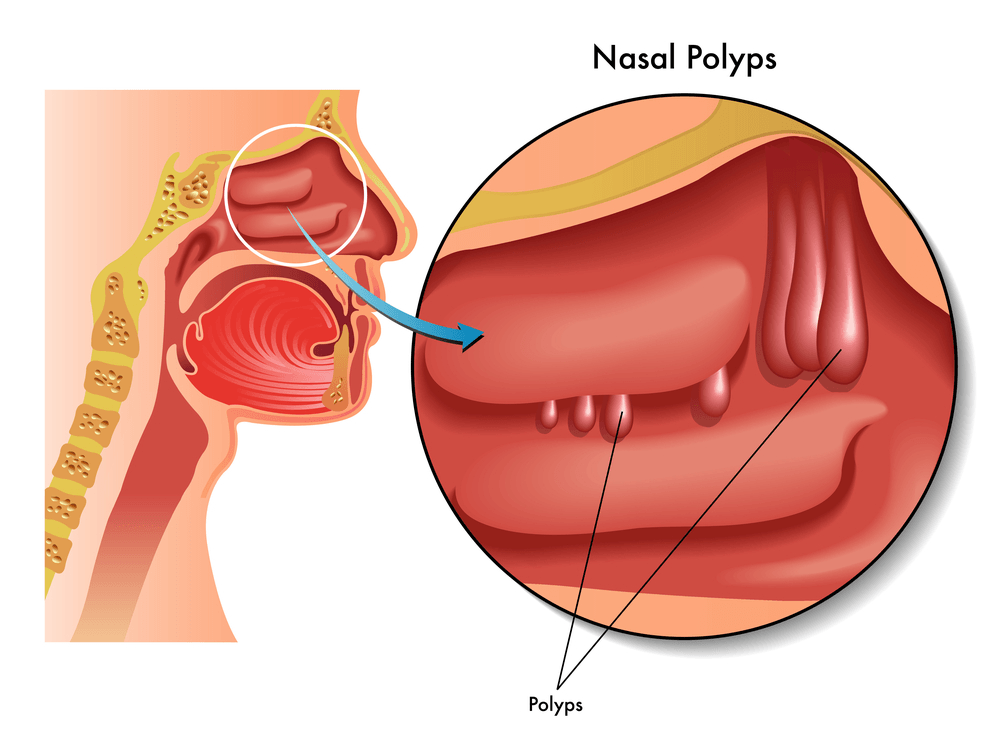Gefapixant - A Promising New Drug for Chronic Cough?
Chronic cough can have many causes, namely postnasal drips, gastroesophageal reflux disease (GERD), chronic obstructive pulmonary disease (COPD), and even some infections. Blood pressure-controlling
ACE inhibitors could also cause chronic dry cough. The causes of some cases of chronic cough are sometimes even unexplained, but they can significantly lower patients' quality of life.
No matter what is causing your chronic cough, there’s good news! Read on to learn more about Gefapixant, a promising new drug for chronic cough.
What is Gefapixant?
Gefapixant is an oral selective P2X3 receptor antagonist that is being studied for the treatment of refractory or unexplained persistent cough. P2X3 receptors are a type of receptor found on sensory nerve fibres in the airway lining, particularly C fibres.
Gefapixant has shown
promising results in clinical studies for patients with chronic cough. It is a first-in-class non-narcotic medication that is proving to be great news for those with persistent and stubborn coughs that just won’t go away.
How Does It Work?
According to the manufacturer, Merck, Gefapixant inhibits the activity of one of the receptors (a set of substances found at nerve endings) and thereby reduces nerve impulse transmission to the cough centres.
The Study
The
trial was sponsored by Merck and involved 253 participants of American and British origin. All of them had suffered from a chronic cough that had lasted for an average of 15 years.
Three-quarters of the patients were female, and the majority (70 percent) had never smoked. The average age of the patients was 60 years.
For three months, the patients were given either a placebo or gefapixant twice a day. The medication was administered in one of three doses: 7.5 milligrams (mg), 20 milligrams (mg), or 50 milligrams (mg), depending on the severity of their condition.
Everyone was required to keep a "cough journal," as well as wear a gadget that monitored their coughing over the course of a 24-hour period.
The Results
It was found that patients coughed roughly 24 to 29 times per hour before the research began. However, following the study period, patients in the placebo group coughed 18 times per hour, compared to 11 coughs per hour in the 50 mg gefapixant group—a difference of 37%!
It is also to be noted that patients in the 7.5 mg and 20 mg gefapixant groups coughed less than those in the placebo group, but the changes were not statistically significant.
The only noteworthy side effect seemed to be a change in the sense of taste.
The Conclusion
While the Japan Ministry of Health, Labor and Welfare approved Gefapixant 45 mg tablets for individuals with a refractory or unexplained chronic cough in January, the drug is already in phase 3 of trials in the US. The FDA has even accepted a review for its approval!
When this goes through, it will be a breakthrough drug for treating chronic cough, as previously, only narcotic cough suppressants were effective at this!
For more information on chronic cough and your options of treatment,
schedule a visit with us.
Thomas S. Higgins, MD, MSPH
Father. Husband. Sinusitis Nerd.















